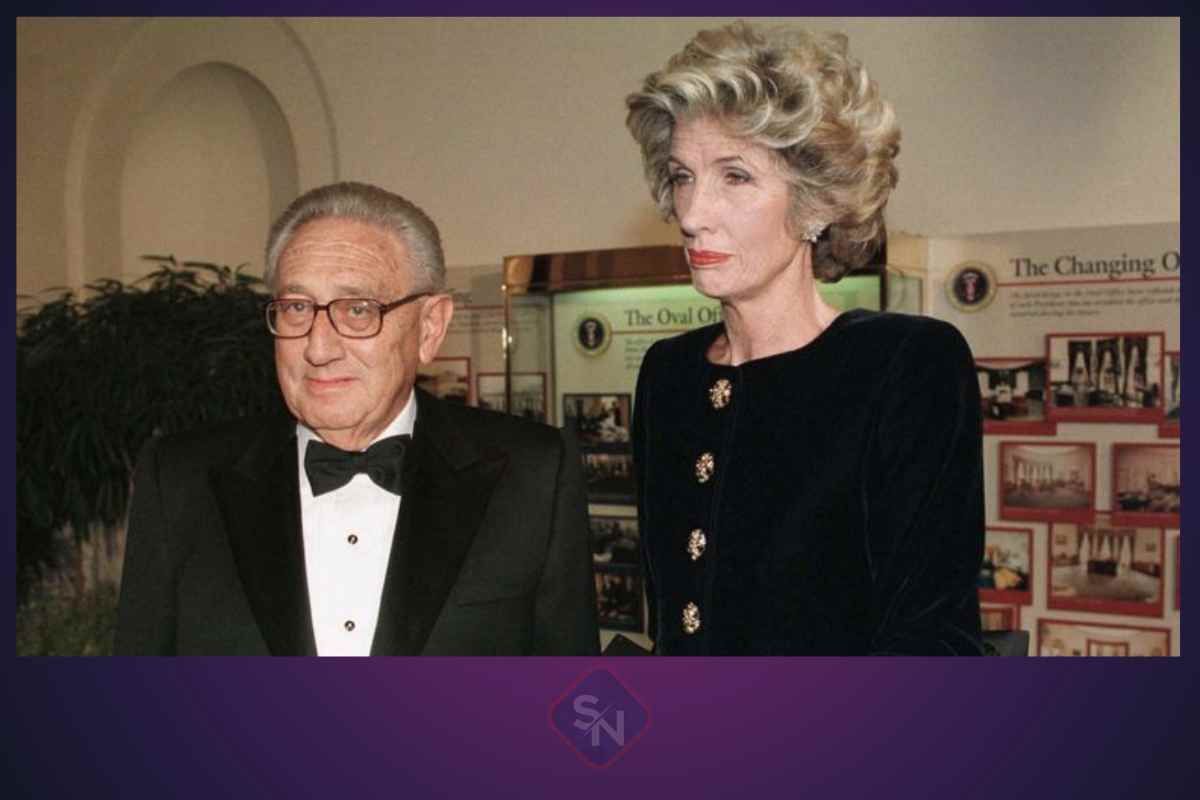
Henry Kissinger is a renowned American diplomat and political scientist who served as the United States Secretary of State from 1973 to 1977 under Presidents Richard Nixon and Gerald Ford. Born in Germany in 1923, Kissinger and his family immigrated to the United States in 1938 to escape persecution from the Nazis. He pursued his education at Harvard University, earning a Ph.D. in government in 1954. Kissinger’s diplomatic career began in the 1960s when he served as a national security advisor to Presidents John F. Kennedy and Lyndon B. Johnson. He is best known for his role in negotiating the end of the Vietnam War and establishing diplomatic relations with China. Kissinger was awarded the Nobel Peace Prize in 1973 for his efforts to negotiate a ceasefire in Vietnam. Despite his accomplishments, Kissinger’s tenure as Secretary of State was also controversial, with critics accusing him of supporting authoritarian regimes and being involved in covert operations. After leaving office, Kissinger remained an influential figure in international affairs, writing books and advising various U.S. presidents on foreign policy matters. He continues to be a polarizing figure, with some viewing him as a brilliant diplomat and strategist, while others see him as a symbol of American interventionism and realpolitik.
Early Life and Career
Henry Kissinger was born in Germany in 1923 and immigrated to the United States in 1938 to escape the rise of the Nazi regime. He quickly became a prominent figure in American politics and foreign policy, serving as the National Security Advisor and Secretary of State under President Richard Nixon and President Gerald Ford. Kissinger’s approach to diplomacy and international relations was characterized by his belief in realpolitik, a pragmatic and realistic approach that prioritized national interests over moral considerations.
Controversies and Criticisms
Despite his many accomplishments, Henry Kissinger’s tenure in government was not without its controversies. He has been criticized for his role in the secret bombing of Cambodia during the Vietnam War, as well as his support for authoritarian regimes in South America and Southeast Asia. Many have also questioned his ethical standards, pointing to allegations of war crimes and human rights abuses committed under his watch. Despite these criticisms, Kissinger remains a highly influential figure in American politics and foreign policy, with a lasting impact on global affairs.
Throughout his life, Henry Kissinger has remained a controversial and polarizing figure in American politics. His contributions to diplomacy and international relations are undeniable, but his actions have also sparked intense debate and criticism. Despite his flaws and controversies, Kissinger’s impact on the world stage cannot be overlooked, making him a central figure in the history of American foreign policy.
 Top famous
Top famous
